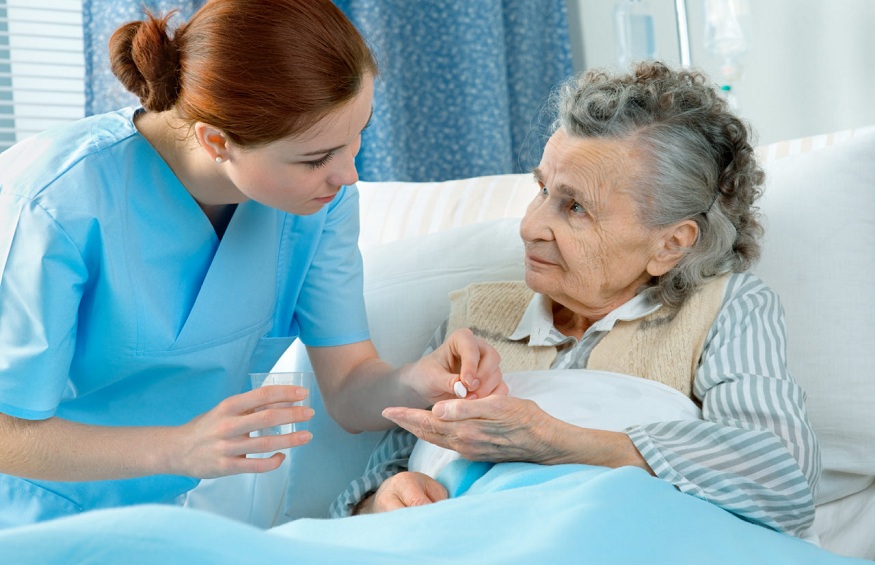According to the definition of the WHO-Europe report published in 1996, therapeutic patient education “aims to help patients acquire or maintain the skills they need to better manage their life with a chronic diseaseIt includes organized activities, including psychosocial support, designed to make patients aware and informed about their illness, care, hospital organization and procedures, and health and illness-related behaviors. This is intended to help them and their families understand their illness and treatment, work together and take responsibility for their own care, with the aim of helping them maintain and improve their quality of life. . »
Therapeutic patient education is an ongoing process, the goal of which is to help patients acquire or maintain the skills they need to best manage their life with a chronic disease. It is an integral and permanent part of patient care.
The specific purposes of therapeutic education are:
the acquisition and maintenance by the patient of self-care skills (decisions that the patient makes with the intention of modifying the effect of the disease on his or her health). Among them, the acquisition of so-called safety skills aims to safeguard the patient’s life;
the mobilization or acquisition of coping skills (personal and interpersonal, cognitive and physical skills that enable people to control and direct their lives, and to acquire the ability to live in and modify their environment) . They are based on the patient’s past and previous experience and are part of a larger set of psychosocial skills.
Any personalized therapeutic patient education program must take into account these two dimensions both in the analysis of the patient’s needs, motivation and receptivity to the proposal for therapeutic patient education, and in the negotiation of skills. to acquire and sustain over time the choice of content, teaching methods and evaluation of effects.
Therapeutic patient education allows the patient, for example, to relieve their symptoms, to take into account the results of self-monitoring, self-measurement, to perform technical actions (insulin injection), to adjust drug doses. It also contributes to enabling the patient to know himself better, to gain self-confidence, to make decisions and solve problems, to set goals to achieve and to make choices.
Therapeutic patient education is a process that cannot be reduced to the delivery of information, even if it is of high quality. Meta-analyses of randomized controlled studies on asthma, rheumatoid arthritis, long-term use of vitamin K antagonists have shown that information alone is not enough to help patients manage their disease on a daily basis. Oral or written information, advice, a prevention message, can be delivered by a health professional on various occasions (for example during a consultation, an act of care, the delivery of medication, a stay in a care establishment, installation of care equipment, etc.), but does not amount to therapeutic patient education. The same applies to information on processing,
What patients is therapeutic education aimed at?
Anyone with a chronic disease, child, adolescent or adult, regardless of the type, stage and progression of the disease, can benefit from a therapeutic patient education offer. This offer also concerns the entourage if they so wish and if the patient wishes to involve them in the management of their illness.
At what stage of the disease can we formulate a therapeutic education offer?
Therapeutic patient education can be offered as soon as the diagnosis of the chronic disease is announced or at any other time during the disease.
Different types of therapeutic patient education offer can be offered to the patient to support him throughout the management of his chronic disease: an “initial” therapeutic education offer, a follow-up” (or “reinforcement”), an offer of “in-depth follow-up” (or “recovery”) therapeutic education. This breakdown is schematic out of the need to specify its content. For each therapeutic patient education offer, the duration and the means necessary to implement depend on the patient’s educational needs. Therapeutic patient education is a continuous process that requires permanent adaptations linked to the evolution of the disease and the experience of its management by the patient himself, and to his own requests.
The educational approach gives a preponderant place to the patient as an actor in his health. Therapeutic patient education is a continuous process of learning and psychosocial support allowing the patient to better manage the disease and its treatment on a daily basis.
Therapeutic patient education contributes to the improvement of the patient’s health (biological and clinical) and to the improvement of his quality of life and that of his relatives.
If the studies demonstrating the effectiveness of therapeutic patient education are still few in number (the available literature being limited), the interest of therapeutic patient education integrated into a therapeutic strategy, has however been established in particular on :



